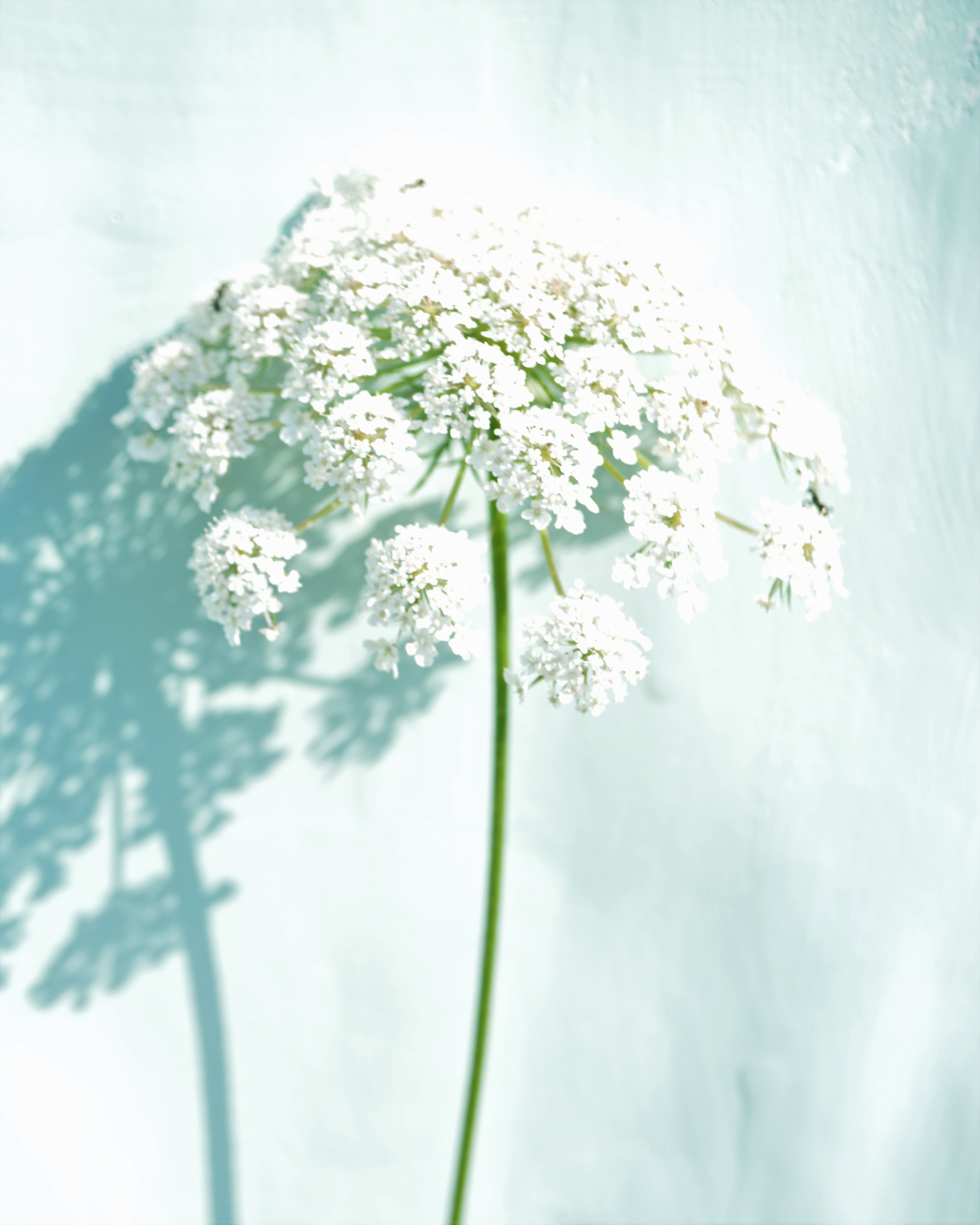 Ann Sheppard
Ann Sheppard
The All-Highest Paradise
by MELIKA REZVANI
It was 24 August 2013. I was spending my summer vacation at my grandparents’ house in Mashhad. My mother, Roshanak, was there too. I was watching my mother the whole day because she was nervous. Several times, she called my father in Bandar Abbas, but he did not answer the phone. My mother started calling my brother, Korush, who was also in Bandar Abbas, but my brother didn’t know where my father was, and he was worried too.
The next day, about 12 o’clock, we were still waiting for news about my father. Then one of our family friends called my grandmother. As my grandmother was talking on the phone, I noticed a difference in her face — a deep sorrow in her eyes. She hung up the phone, and in just one sentence, she explained what had happened, but I couldn’t understand her words. It was as if she were speaking gibberish. My mother started crying. My grandmother saw how confused I was and so she took me aside and said these words to me: “Melika, your father is not with us anymore. He passed away.”
Once I had understood my grandmother, the first thing I did was close my eyes and empty my mind of every single feeling of pain or grief. I wanted to feel nothing, I wanted to hide from this news. It worked for a moment. I closed my eyes and forgot everything that I just heard. I told myself that the information was incorrect; my father was still alive. But as soon as I opened my eyes, the truth struck me, and I felt a great grief well up inside my heart.
As the day passed, we got several phone calls from our friends who gave us further details. My father had been found in his car in the outskirts of the city. He was sitting in the driver’s side of the car with a gunshot wound in his head. Later, we found out that two unknown persons had come uninvited into the car and forced my dad to drive outside the city, somewhere near the train station where no sound could be heard. There, those two persons had murdered my father and run away. We were told that it had been a religiously-motivated murder.
After hearing the news, my grandfather went out to buy the first available tickets to Bandar Abbas. The flight was at four o’clock in the morning. Quickly, we packed our bags, and we didn’t sleep at all that night. About six o’clock in the morning, we arrived at the Bandar Abbas airport. As we were driving home, I felt worried. My brother had been alone when he first heard the news. I wondered how he was handling the shock. As soon as I saw my brother, I wrapped my arms around him and hugged him for a long time. He was silent. I was silent too. We did not know what to say. He was not crying, but I could see the pain of our loss in his eyes.
On 27 August 2013, our family received a message from the Universal House of Justice about the murder of my father. Our house was crowded with family and friends. We asked someone to chant a prayer and then we read the message from the House of Justice out loud. As I listened to each word, I felt a spiritual power grow in my heart. I was sure all of my family and friends felt the same way because when the message was finished, I saw the look on the faces of everyone present — one of joy inspired by some indescribable energy. I felt it too. I was grief struck and heartbroken; still, I was so happy for my father because he entered what Bahá’u’lláh calls “the all-highest Paradise.”. My father, Attaullah Rezvany, dedicated his life to serve the people around him. Because of his love for people, his sincerity, and the purity of his heart, he was chosen to be a martyr for his Faith.

